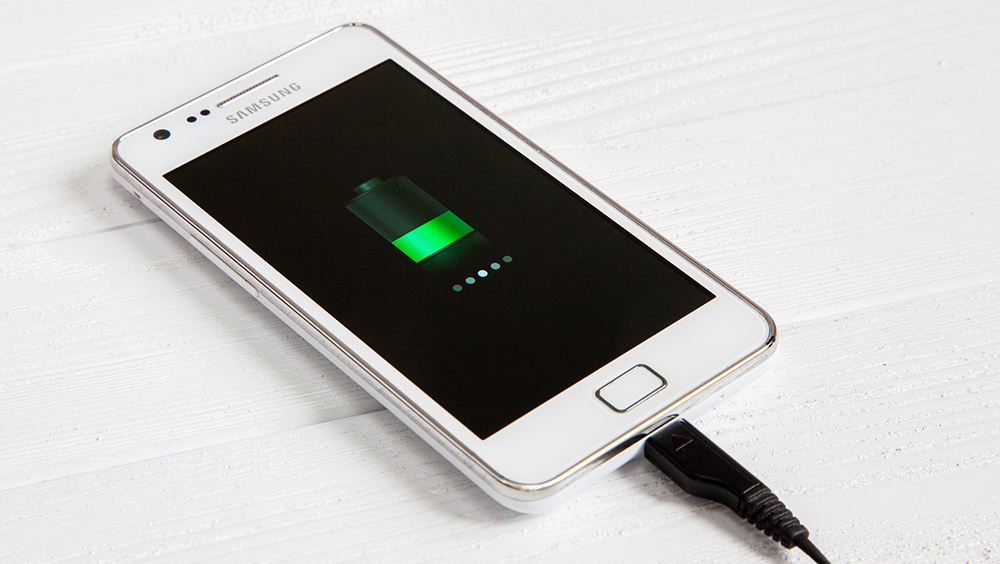
Following the Samsung Galaxy Note 7 battery debacle earlier this year, which led to the recall of nearly two million handsets and their eventual discontinuation from sale, scientists are said to be turning to artificial intelligence (AI) to create safer batteries for gadgets.
Samsung's battery woes were certainly above and beyond the usual issues with lithium-ion batteries, but they're not the first to catch fire nor the first company to face a recall. As a result, scientists have been working on finding a less volatile alternative to the flammable liquid electrolytes in these batteries for a long time.
The latest to show off their findings are a bunch of researchers from Standford University, who have published findings in the Journal of Energy & Environmental Science based on techniques adapted from AI and machine learning. The research identified 21 solid materials that could replace flammable liquid electrolytes in lithium-ion batteries, improving the safety of electronic devices like cellphones and laptops.
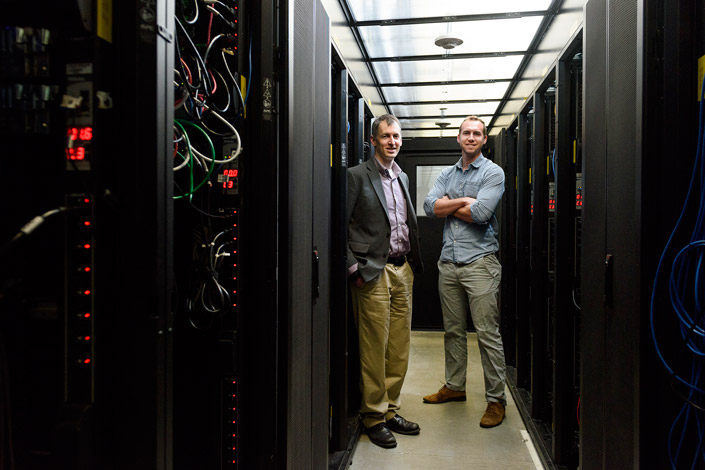
"Electrolytes shuttle lithium ions back and forth between the battery's positive and negative electrodes," said study lead author Austin Sendek, a doctoral candidate in applied physics and first author on the paper. "Liquid electrolytes are cheap and conduct ions really well, but they can catch fire if the battery overheats or is short-circuited by puncturing."
According to Sendek, these solid electrolytes have a big advantage over the liquids used in today's current methods. For one, they are more stable and far less likely to blow up or vaporize than organic solvents.
"They're also much more rigid and would make the battery structurally stronger," he adds.
But instead of randomly testing individual compounds, the team turned to AI and machine learning to build predictive models from experimental data. They trained a computer algorithm to learn how to identify good and bad compounds based on existing data, much like a facial-recognition algorithm learns to identify faces after seeing several examples.
Sign up today and you will receive a free copy of our Future Focus 2025 report - the leading guidance on AI, cybersecurity and other IT challenges as per 700+ senior executives
"The number of known lithium-containing compounds is in the tens of thousands, the vast majority of which are untested," added Sendek. "Some of them may be excellent conductors.
The team developed a computational model that learns from the limited data they already have, and then allows them to screen potential candidates from a massive database of materials about a million times faster than current screening methods.
To build the model, Sendek spent more than two years gathering all known scientific data about solid compounds containing lithium.
"Austin collected all of humanity's wisdom about these materials, and many of the measurements and experimental data going back decades," said Evan Reed, a senior author on the paper. "He used that knowledge to create a model that can predict whether a material will be a good electrolyte. This approach enables screening of the full spectrum of candidate materials to identify the most promising materials for further study."
The researchers eventually plan to test the 21 materials in the laboratory to determine which are best suited for real-world conditions.
-
 Will autonomous robotics leap forward in 2026?
Will autonomous robotics leap forward in 2026?In-depth Connectivity and cost benefits remain barriers, despite breakthroughs in physical AI
-
 AWS and NTT Data team up to drive legacy IT modernization in Europe
AWS and NTT Data team up to drive legacy IT modernization in EuropeNews Partnership between AWS and NTT DATA aims to boost AWS European Sovereign Cloud capabilities
-
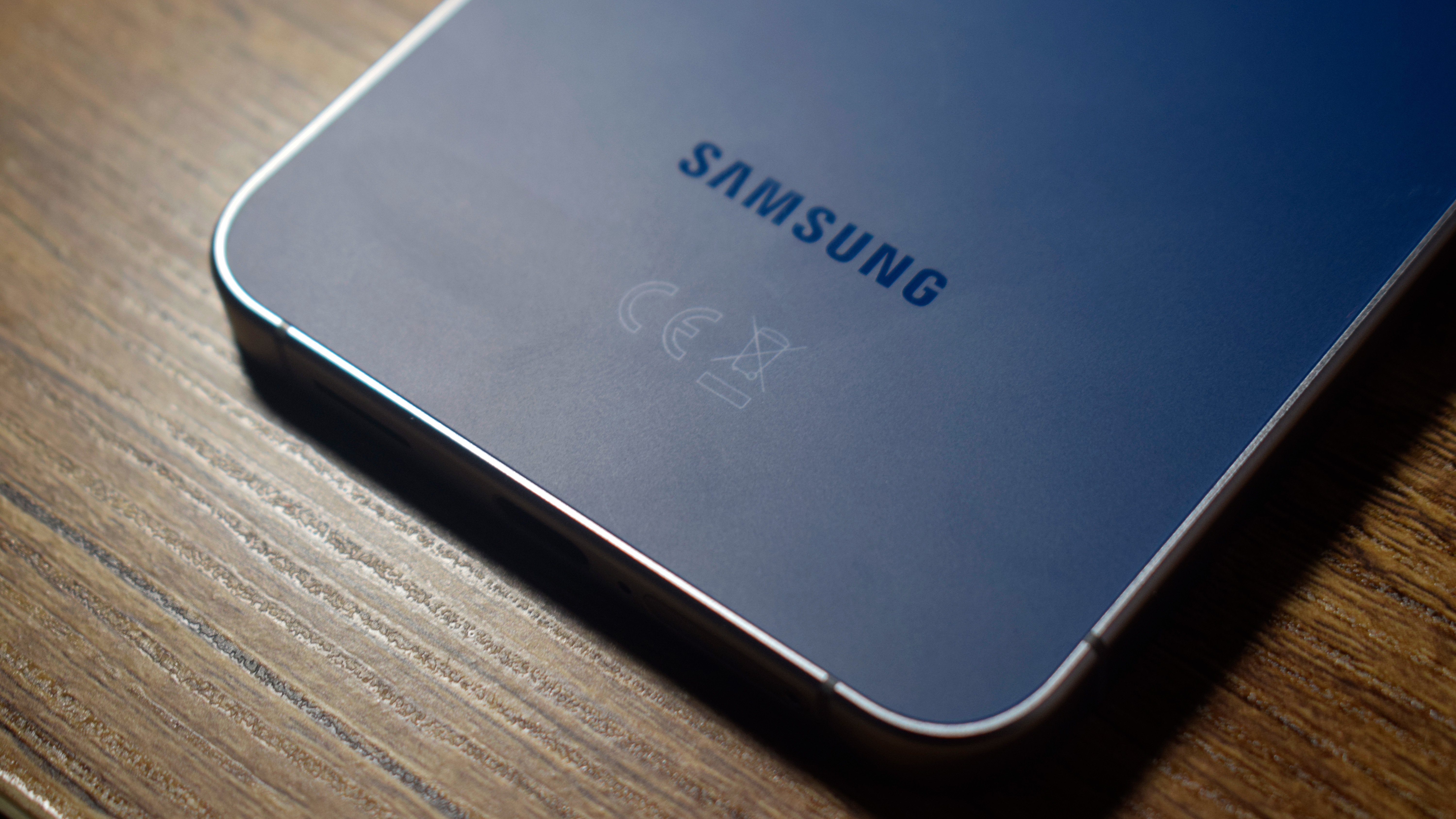 Samsung unveils plan for AI transformation across all devices
Samsung unveils plan for AI transformation across all devicesBoth the DS and DX divisions of the business are profiting from the AI boom
-
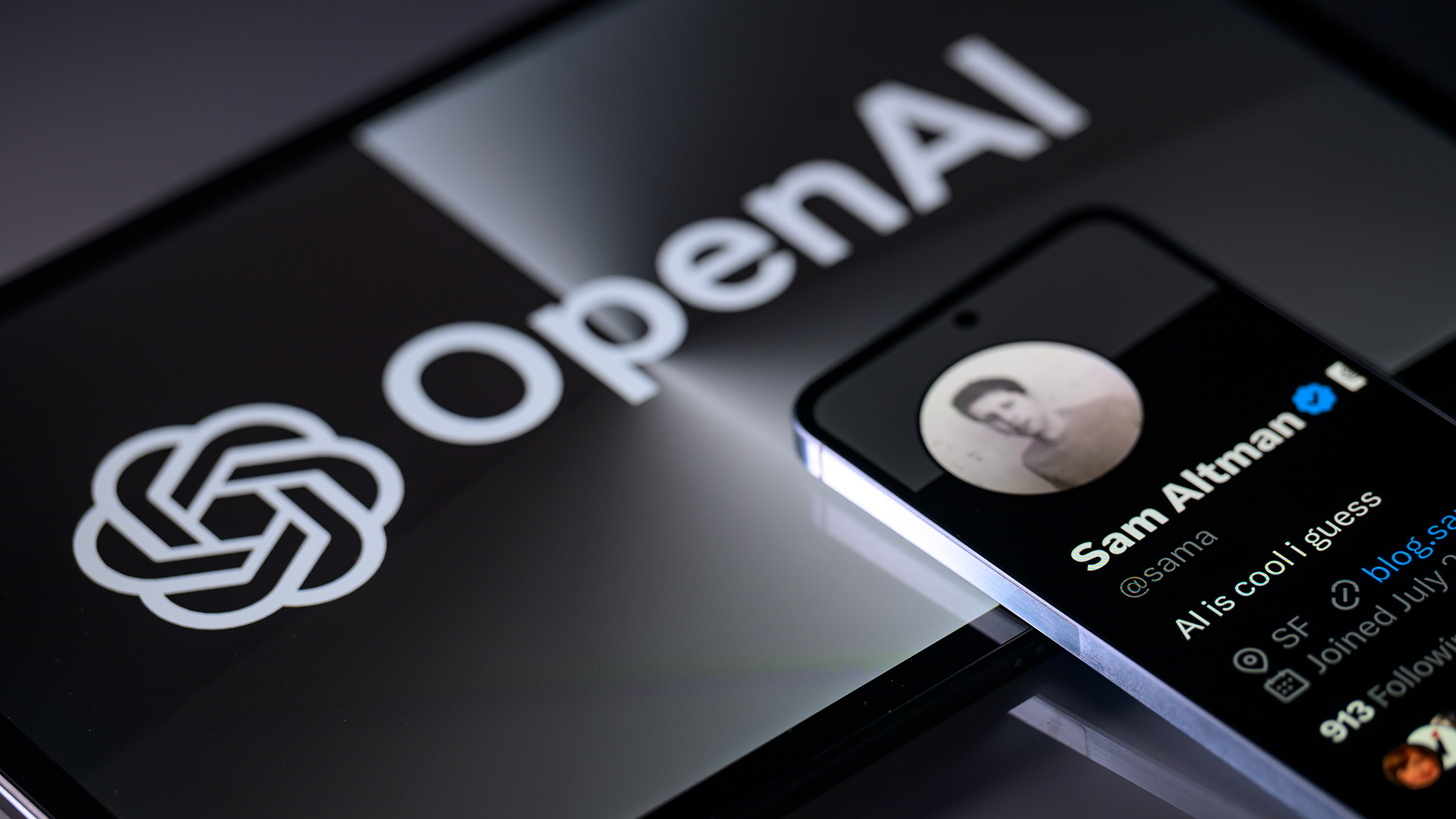 OpenAI signs series of AI data center deals with Samsung
OpenAI signs series of AI data center deals with SamsungNews As part of its Stargate initiative, the firm plans to ramp up its chip purchases and build new data centers in Korea
-
 AMD Ryzen™ PRO processors and Windows 11 Pro
AMD Ryzen™ PRO processors and Windows 11 Prowhitepaper Better together for enterprise
-
 Trump administration and chipmakers in talks about US factories
Trump administration and chipmakers in talks about US factoriesNews The goal is to end reliance on Asia-based chipmaking factories
-
 Samsung and Salesforce plough millions into blockchain company
Samsung and Salesforce plough millions into blockchain companyNews The $35 million Series C investment will go to expanding the reach of the open-source DAML language
-
 Samsung announces new VR headset
Samsung announces new VR headsetNews HMD Odyssey will offer a mixed-reality experience for Windows 10 users
-
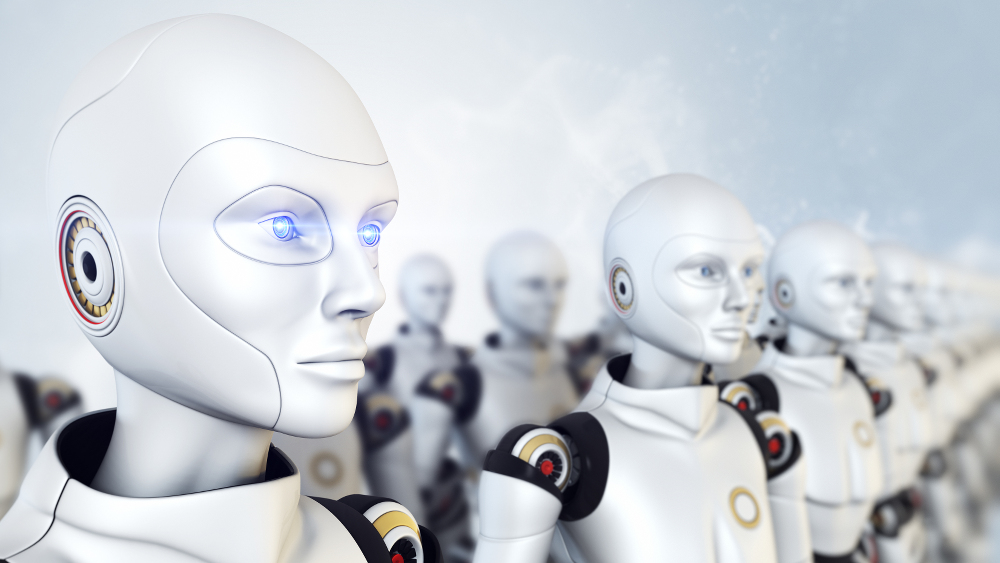 Samsung acquires next-generation AI assistant Viv
Samsung acquires next-generation AI assistant VivNews Samsung could integrate AI into devices in a bid to rival Google's efforts
-
 Facebook in health-monitoring market entry rumours
Facebook in health-monitoring market entry rumoursNews Social networking giant is said to be considering launching health apps and support communities online